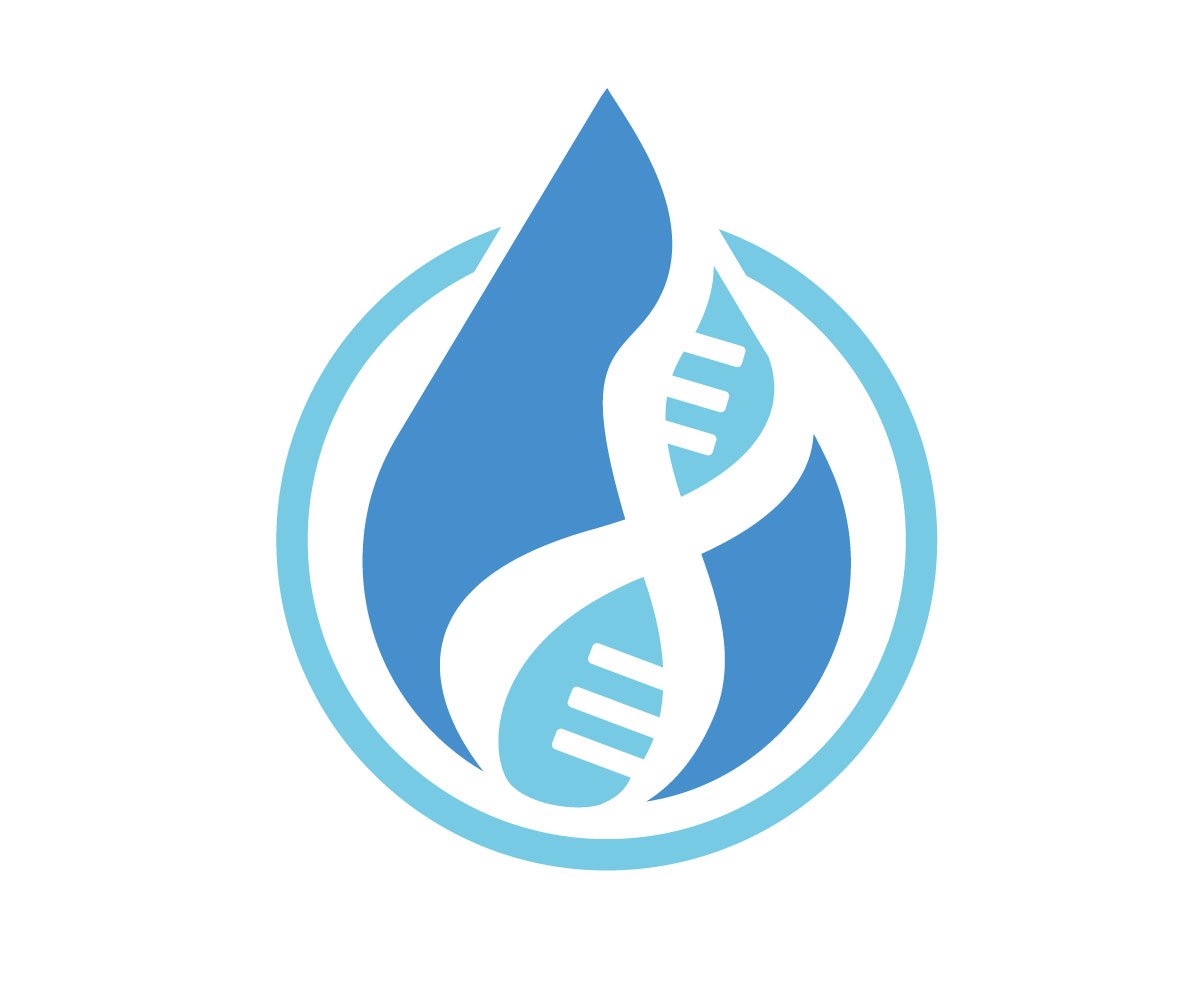“Why Won’t My Birth Father’s Wife Accept Me?”
Dear Brianne,
I was adopted as a child and my birth mother never told my father about me—she only knew his first name, so there really wasn’t a way to find him anyhow. I was able to identify him through DNA testing and reached out. My birth father has accepted me, and he and I are forming a relationship, but his wife seems very reluctant. She won’t talk to me and didn’t come when my father and I met. Why is he accepting me and she is not?
- Confused and Wondering
Dear Confused and Wondering,
Thank you for sharing your story with me.
Every situation is unique and complex. Step back and realize there’s nothing that you can do differently to change the situation right now other than to try to be patient and respectful. It can be hard but helpful to try to step into the shoes of the other person and see the discovery from their perspective.
“It can be hard but helpful to try to step into the shoes of the other person and see the discovery from their perspective.”
If you begin to see signs that your father’s existing family has different priorities than yours, apply the breaks until you understand the situation better. Look for answers to some hard questions that need to be asked.
What are “hard” questions in situations like this? At some point you and your biological father will need to communicate about topics like:
How and when you text, talk, and visit (unexpected, out-of-the-blue communication can be disruptive)
What to call each other (calling him “Dad” is like an earthquake in some families and a huge step to take after open discussion beyond just the two of you)
Setting limits around gift-giving (be respectful of any boundaries set, and be willing to refuse if boundaries you set are tested or ignored)
Reaching agreement about how to acknowledge holidays and birthdays (changes to family traditions require time for adjustment, and not everyone is interested in this)
I have worked with many different sides of the surprise discovery situation. The detailed discussions taking place on the Watershed DNA network also reveal some of the complexities going on in different families. There is almost always more going on behind the scenes in a family than what is visible to outsiders. Blog posts like this one and the others it links to can help.
“There is almost always more going on behind the scenes in a family than what is visible to outsiders.”
Sometimes, what looks like disinterest from a wife can actually be a situation of the husband running interference, seeking to control what is said about him to a newfound adult child. He might be struggling with feelings of guilt or sadness or betrayal, or he’s trying to make up for lost time. His wife might be confused and upset by her husband’s behaviors that result.
The person in a discovered bio family who wants to move at a slower pace often realizes is healthier for the whole family. You might have known they were “out there” but they might have only just learned of your existence. You are still a stranger to them, and they are adjusting to a shock.
Realize your biological father’s wife might be coming from a place of wisdom, understanding that trust has to be nurtured for any relationship to grow, and relationships take time to develop. A DNA test result can’t replace the experiences that time between a parent and child provide.
“The person in a discovered bio family who wants to move at a slower pace often realizes is healthier for the whole family.”
I know it can feel personal to you when you aren’t met with a warm embrace all-around. It can hurt to be told that you are expecting too much and it can hurt to realize that integrating into your biological father’s life and family might not be working.
The healthiest step to take for yourself is to work with a counselor or therapist who specializes in work with adult adoptees, or one with experience working with families navigating life after a DNA discovery. Psychologytoday.com has a search tool for locating a therapist or counselor, and the site mpecounseling.org is another directory of specialists who might be able to support you.
As you wait to see if new relationships form with biological relatives and their existing families, don’t neglect the people in your life who are important to you.
Take the time to nurture the relationships already in your life, and try to be patient with the ones that are just beginning to form.
“As you wait to see if new relationships form with biological relatives and their existing families, don’t neglect the people in your life who are important to you.”
- Brianne

